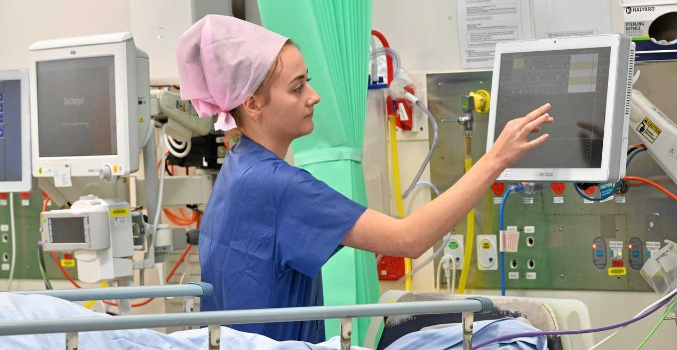
Ministers outline bold strategy to tackle staff shortages and reduce waiting times
The UK Government has announced plans to train more than 300,000 extra healthcare workers, including doctors, nurses, and allied professionals, in a bid to address the chronic staffing shortages within the NHS. This major workforce expansion, which is part of the NHS Long-Term Workforce Plan, will unfold over the next 15 years, aiming to fill the more than 112,000 current vacancies across the health service.
The recruitment initiative, touted as the largest in NHS history, is designed to reduce the record-high waiting times for A&E services and elective care. The NHS is under significant pressure, with health leaders emphasizing that improving staffing levels is crucial to alleviating the strain on services.
Officials warned that, without action, the NHS could face a shortfall of 360,000 staff by 2037, exacerbating the backlog in care and contributing to widespread staff burnout. Ministers have allocated £2.4 billion in funding to support the workforce plan, which includes several key proposals:
Doubling medical school training places to 15,000 by 2031, focusing on areas with the greatest need for healthcare professionals
Increasing GP training places by 50%, adding 6,000 new positions by 2031
Expanding nursing and midwifery training, with a goal to add 24,000 new training places annually by 2031
These measures, combined with new retention strategies, could see the NHS staffed with an additional 60,000 doctors, 170,000 nurses, and 71,000 allied health professionals by 2036/37.
To expedite the training process, proposals include the introduction of four-year medical degrees and medical internships, which would allow students to begin working earlier. Degree apprenticeships will also be expanded, enabling staff to earn while they train. Officials aim for 16% of clinical training to be offered through apprenticeships by 2028, including 850 doctor apprenticeships.
The NHS plan will be reviewed every two years to ensure it adapts to changing demands, with long-term projections helping to address staffing needs sustainably. NHS England’s Chief Executive Amanda Pritchard hailed the plan as a once-in-a-generation opportunity to ensure the NHS is equipped to meet future healthcare demands.
However, while the plan has been welcomed by senior doctors and health leaders, concerns remain over its implementation. Dr Adrian Boyle, President of the Royal College of Medicine, acknowledged the plan’s potential but stressed that delivering quality healthcare would take time.
The King’s Fund’s Richard Murray pointed out that the UK has fewer doctors and nurses per capita compared to many other countries, underscoring the need for such a comprehensive strategy.
NHS unions, however, have called for more focus on retention alongside recruitment. Pat Cullen, General Secretary of the Royal College of Nursing, emphasized that attracting new staff would not solve the crisis without addressing existing staff shortages and improving conditions, particularly through fair pay and career progression opportunities.
Shadow Health Secretary Wes Streeting criticised the Government for only adopting proposals put forward by Labour, accusing them of failing to act sooner. He warned that the NHS remains in urgent need of staff, and that the proposed measures would take years to show results, leaving patients waiting longer for care.










